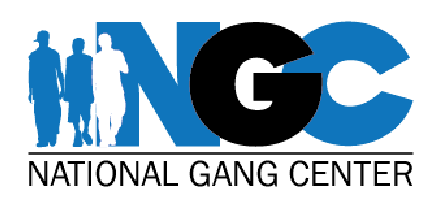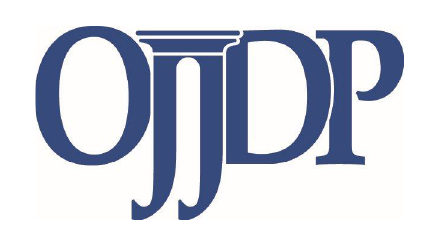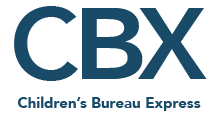The Youth Diversion Program is designed and administered by the Charlotte-Mecklenburg Police Department in partnership with several social service agencies in Mecklenburg County. Its purpose is to offer qualified juveniles the opportunity to avoid prosecution in the court system. Parent and Juvenile attend an 8-hour life skills class or Teen Court to successfully complete the program. The goal of our Diversion Program is to break the cycle of juvenile justice involvement and an arrest record for youth who commit first time misdemeanor offenses. The program affords Mecklenburg county residents ages 6 – 17 the opportunity to participate in and successfully complete the program as an alternative to criminal prosecution.
- Jun 2022
- The Council of State Government Justice Center





